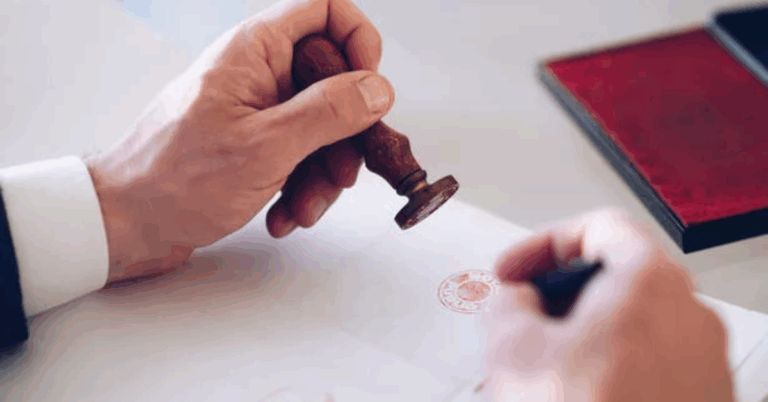The Psychology of Jewelry Attachment: Consumer Behavior Insights
sky247 login, gold365 betting, gold365:Jewelry is more than just an accessory; it is a form of self-expression, a representation of personal style, and a way to showcase one’s individuality. The relationship between consumers and their jewelry goes beyond mere aesthetics; it delves into the realm of psychology, shedding light on why people are so attached to their pieces.
The Psychology of Attachment
At its core, attachment to jewelry can be attributed to various psychological factors. For many people, jewelry holds sentimental value – it may be a gift from a loved one, a token of a special occasion, or a reminder of a significant event in one’s life. These sentimental attachments evoke positive emotions and memories, making the jewelry more than just an inanimate object.
Another aspect of attachment to jewelry stems from the concept of self-identity. Individuals often use jewelry as a means to express themselves, convey their personality, or communicate their social status. The pieces they choose to wear reflect their tastes, preferences, and values, creating a sense of identity and belonging.
Consumer Behavior Insights
Understanding the psychology behind jewelry attachment can provide valuable insights into consumer behavior. Marketers can leverage this knowledge to create more targeted marketing strategies, design personalized shopping experiences, and foster stronger connections with their customers.
One key insight is the role of emotions in the purchase decision process. Emotions play a significant role in influencing consumer behavior, particularly when it comes to luxury items like jewelry. By appealing to consumers’ emotions through storytelling, branding, and experiential marketing, companies can create a deeper emotional connection with their customers, leading to increased brand loyalty and repeat purchases.
Another important insight is the impact of social influences on jewelry purchasing behavior. People often look to others for validation, guidance, and inspiration when it comes to buying jewelry. Social media platforms, influencers, celebrities, and peer groups all play a role in shaping consumer perceptions and preferences. By tapping into these social influences, companies can effectively reach and engage their target audience, driving sales and brand awareness.
The Power of Personalization
In today’s competitive market, personalization is key to attracting and retaining customers. Personalized jewelry, custom designs, and bespoke services are increasingly popular among consumers who seek unique, one-of-a-kind pieces that reflect their individuality.
Personalization not only enhances the value of the jewelry but also strengthens the emotional connection between the consumer and the brand. By offering personalized experiences, companies can create a sense of exclusivity, increase customer satisfaction, and differentiate themselves from competitors in the market.
FAQs
Q: Why do people become emotionally attached to their jewelry?
A: People become emotionally attached to their jewelry due to sentimental value, self-identity, and social influences. Jewelry often holds special memories, reflects personal tastes, and conveys social status, leading to emotional attachments.
Q: How can companies leverage the psychology of jewelry attachment in their marketing strategies?
A: Companies can leverage the psychology of jewelry attachment by appealing to consumers’ emotions, tapping into social influences, and offering personalized experiences. By creating deeper emotional connections, engaging social media campaigns, and providing bespoke services, companies can enhance their brand image and drive sales.







